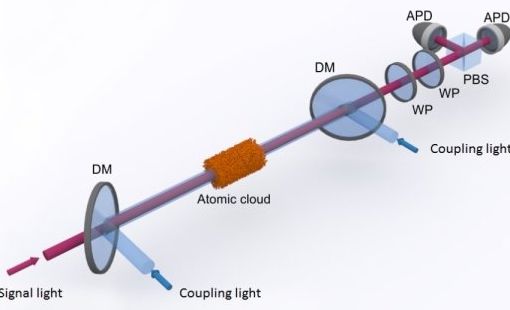May 4, 2016
Preparing for the Future of Artificial Intelligence
Posted by Amnon H. Eden in categories: biotech/medical, computing, health, robotics/AI
Today, we’re announcing a new series of workshops and an interagency working group to learn more about the benefits and risks of artificial intelligence.
There is a lot of excitement about artificial intelligence (AI) and how to create computers capable of intelligent behavior. After years of steady but slow progress on making computers “smarter” at everyday tasks, a series of breakthroughs in the research community and industry have recently spurred momentum and investment in the development of this field.
Today’s AI is confined to narrow, specific tasks, and isn’t anything like the general, adaptable intelligence that humans exhibit. Despite this, AI’s influence on the world is growing. The rate of progress we have seen will have broad implications for fields ranging from healthcare to image- and voice-recognition. In healthcare, the President’s Precision Medicine Initiative and the Cancer Moonshot will rely on AI to find patterns in medical data and, ultimately, to help doctors diagnose diseases and suggest treatments to improve patient care and health outcomes.
















